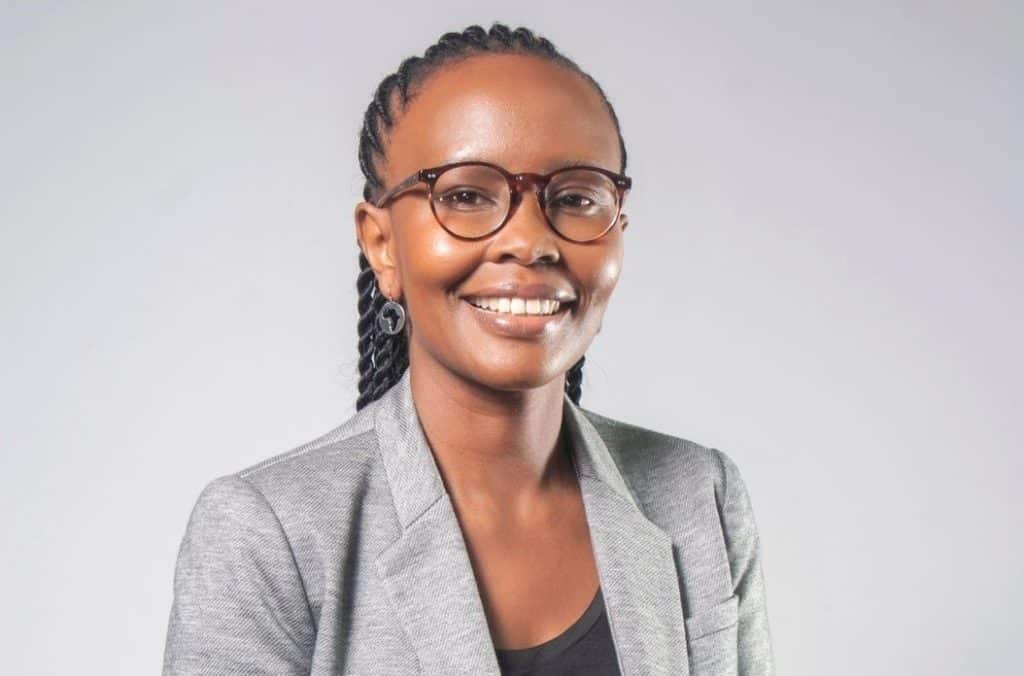Despite the remarkable growth in digital financial services that enable millions of Africans to save, borrow and engage in economic activities, a stark reality persists. For many women across the continent, this revolution remains frustratingly out of reach.
Only 37% of women in sub-Saharan Africa have a bank account, compared to 48% of men; and approximately 310 million fewer women than men use mobile internet. In some African countries, a married woman cannot open a bank account without her husband’s permission. This lack of access and agency is a barrier to individual prosperity and meaningful participation in the global economy, potentially locking out as much as $6 trillion in GDP that could be unleashed by addressing the credit gap for women.
Closing this gender gap could inject an additional $2.5 trillion into Africa’s GDP by 2025. These projections underscore the urgent need to invest in women, as a matter of both social justice and economic strategy.
Digital public infrastructure (DPI) – the digital highways and bridges that connect people to businesses and governments – is crucial for integrating women into the economy. Building inclusive digital rails can empower women with the means for property and business ownership, employment creation, and financial independence, thereby spurring the continent’s growth and prosperity.

The three foundational components of DPI – digital identity (digitally verifying identities), payment systems (securely transferring money), and data exchange (safely exchanging personal information) – can contribute significantly to the improvement of service delivery, especially to those who need it most.
Loading...
Recent studies show that an estimated 500 million Africans – about a third of the population, many of whom are girls and women – lack proof of identity. This exclusion makes them more likely to be locked out of access to basic services such as healthcare and education, opening bank accounts, or owning property.
Digital identity systems can address this gap and help African countries replicate the successes of India, whose national digital identity program Aadhaar reaches over 90% of its population (equivalent to about 1.3 billion people). Since its launch 10 years ago, the population of adults with bank accounts has more than doubled, with the number of women owning bank accounts growing three-fold from 26% to 78%. For these women, the ability to save, borrow and transact, represents much more than financial inclusion: it represents freedom, agency, empowerment and so much more for the communities they support.
Enabling access to inclusive digital payment systems empowers women to engage in digital transactions, boosts financial resilience and integrates them into the broader economy, thereby fostering growth and equality. Since its launch in 2007, M-PESA has revolutionized access to financial services in Africa, providing mobile phone-based financial services to millions of people without access to bank accounts. In Kenya, where the platform was birthed, M-PESA has enabled more than 185,000 women to transition from subsistence agriculture to small-scale retail and helped lift 194,000 households out of poverty, with significant impacts on households headed by women.
Additionally, according to a recent study by Visa, digital payments accelerated business growth in over 80% of women-owned businesses surveyed in Nigeria, Kenya and South Africa. This growth, driven by women’s participation, will be vital to Africa’s economic revolution.
The final component of DPI, data exchange systems, allows seamless and secure data-sharing among governments, individuals, and businesses. This can enable governments to deliver services, ranging from health care and education to the distribution of social benefits to low-income households.
In many ways, DPI mirrors physical infrastructure such as roads and railways, which are imperative for economic growth. Just as inadequate public transportation can limit mobility and safety, weak digital infrastructure can prevent populations, especially women, from accessing public services and securing economic opportunities.
Investing in DPI is therefore necessary to build an inclusive digital society that can unlock women’s economic power and further stimulate Africa’s growth.
To reap the benefits of DPI, governments need to develop and implement regulatory and legal frameworks that encourage public-private partnerships and create incentives to attract funding for DPI initiatives.
Second, financial service providers and Gov-tech companies should tailor their digital products to meet the unique needs of women, ensuring that they are both accessible and beneficial.
Third, development partners and civil society should advocate for the creation and implementation of policies that facilitate women’s economic empowerment through DPI.
The African Development Bank Group (AfDB) annual meetings provide a platform for African leaders to endorse DPI as a key component of Africa’s economic transformation strategy. Representatives of Member States and development partners should use this opportunity to spotlight DPI as a tool that can be leveraged to drive economic growth, reduce inequalities, and empower millions of women across the continent.
By ensuring that women are not left behind in Africa’s digital transformation, we can unlock the potential of half the continent that is often excluded from recognized, formal participation in our countries’ economies.
Loading...
